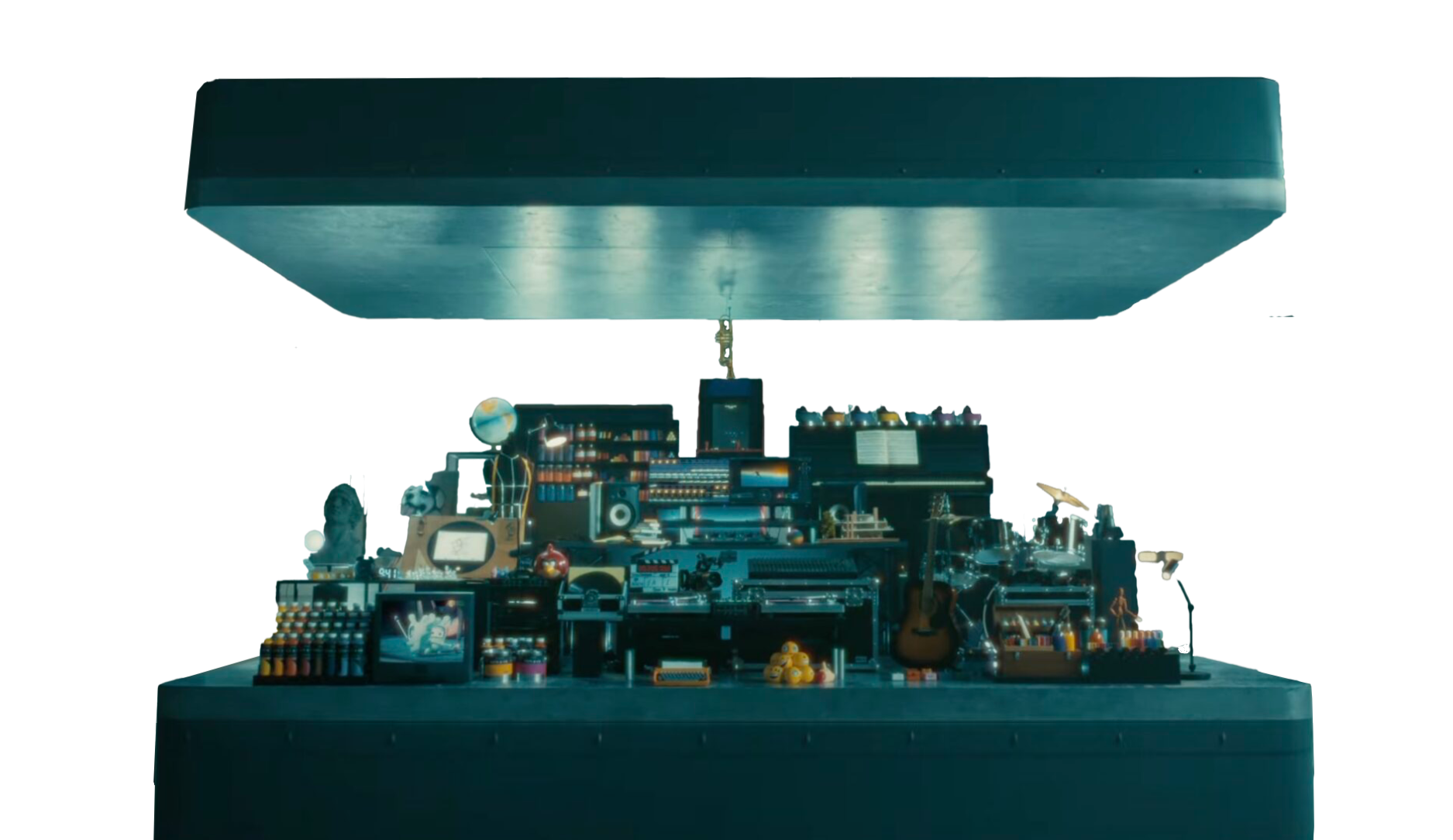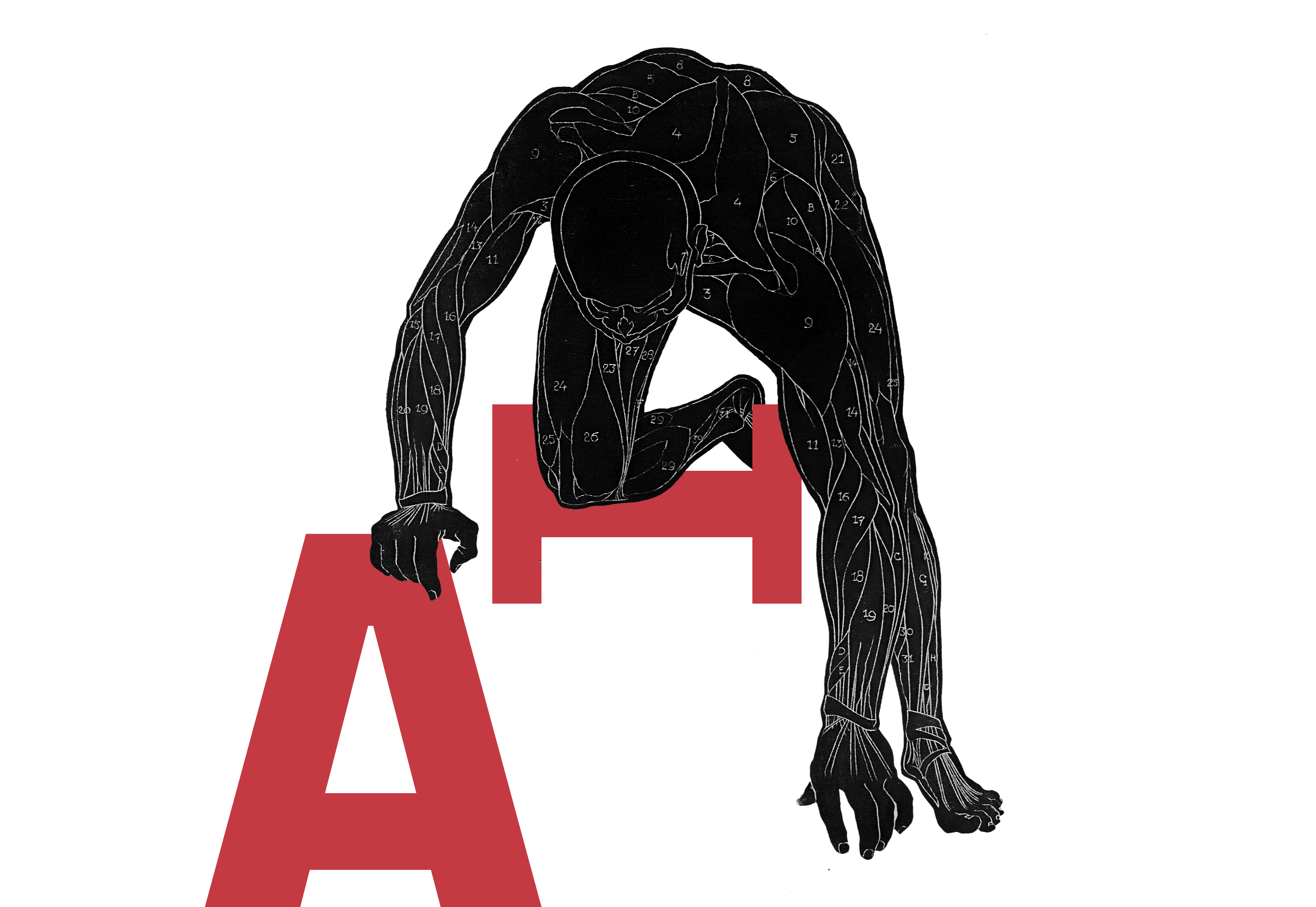The IT-Revolution promised to free and enrich us. To free us from propaganda, to free us from mindless TV, to free us from advertisement torture, and to enrich us by letting machines do all the boring work so we’d have more free time. So, how did it go?
We read and write more today than we used to. The public opening of digital publication technology (AKA “blogs”) has provided a free speech transport with rocket engines. News has become more accessible and more transparent. The Internet is the taser against the shit bags that try to manipulate, embellish, and block information that is inconvenient to them. We can now literally X-ray politicians before we vote for them. And best of all: it all comes free of charge. Okay, but at the same time:
- We have more junk data and less free time.
- We have more tasks in our inbox and less concentration to complete them.
- We are bombarded with even more idiotic advertisement (spam).
- We write (short notices), and read (bee-beep-bee-beep) even more fast-food data.
- The corporations have become even more shrewd (via viral campaigns, paid comments, and “Social Media Consultants”).
- We outperform each other blogging, twittering, tumblering, and Facebooking.
- We mindlessly link our friends to the dumb-ass websites where spammers and stalkers, grudgers and psychos, and old, finally-forgotten nags—dressed and masked as virtual vampires—wait behind some wonder-wall.
We are not free. “Fast-food data junkies,” that’s what we are. How did we get into this mess?
Just a Little Bit of History Repeating
Revolutions are vicious circles. Remember, after the French got rid of their sleepy King Louis XVI, they installed the radical Robespierre, followed by the brutal tyrant Napoleon Bonaparte I. Now what happened to us exactly?
Ironically, people still believe that the Internet belongs to them, some journalists behind the times even complain about “the mob reigning the web.”
Truth is, the World Wide Web is in the hands of a few Emperors—namely Google, Yahoo! and Microsoft—that split the territory amongst themselves quite some time ago. Nowadays, building up a web service and making money outside the Territory of the Three Web Caesars is considerably more difficult than just starting a “real” shop.
Start Up Fata Morgana
If you look at the success story of startups that made it (like Youtube for instance), you’ll realize that the dream of the cool website, that simply offers good information while finding users and making money, is a Fata Morgana that drives thousands of young enthusiasts into death of thirst. You need connections and loads of money to make it in the world of the three titans.
Well, as bad comes to worse, Steve Ballmer now wants to conquer Yahoo! and reduce the number of titans to two. And actually, he might get by with a little help from his friends. And of course he will be off to his invasion of digital Russia to destroy Emperor Page and Brin…
We know one thing for sure. The Revolution is over; the people have nothing to say in the Napoleonic era of the web. So what did the Revolution bring us in the end?
Royal Irony
Romantics don’t like to hear it but it’s true: the real reason behind the French Revolution was a lack of bread. Ironically the rise of the world-famous French Cuisine (born in the Palace of Louis XV and brought to perfection by Louis XVI) goes back to the fact that after Louis XVI was beheaded, thousands of cuisine personal from the Royal Palace were without work. To survive, they opened gourmet restaurants for the Bourgeois all over Paris.
And behold! We the people now have the option to become data connoisseurs (we didn’t have that before the IT revolution!). The offer of delicious information nowadays is huge indeed. All one must do is choose. And that means reduce: trim your E-mail accounts down to one. Chop the Facebook annoyance. Peel your Linked-in account. Fry your Twitter profile. Freeze your cellphone. Bon appétit!






